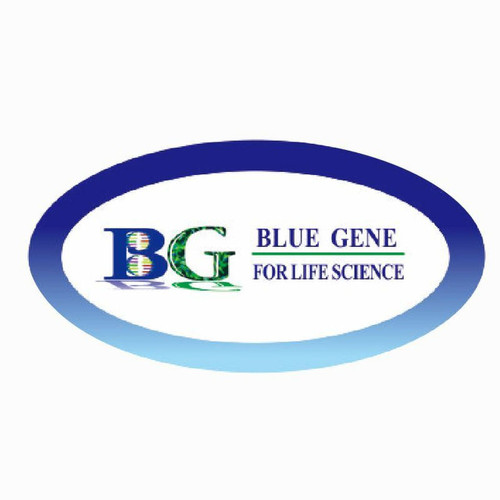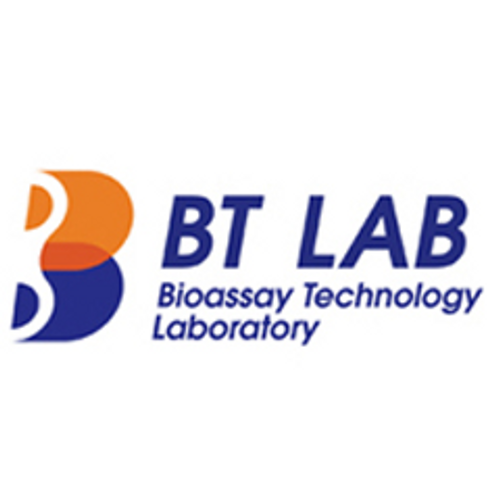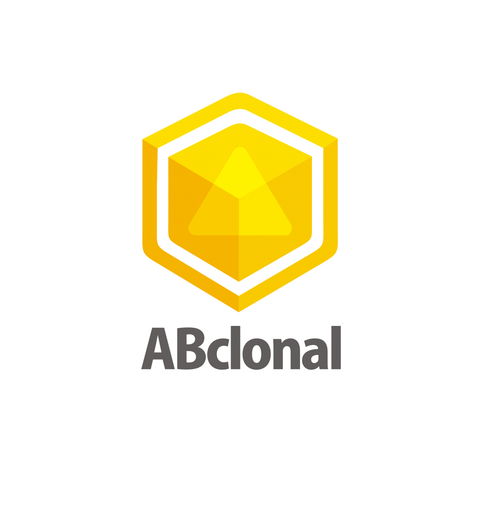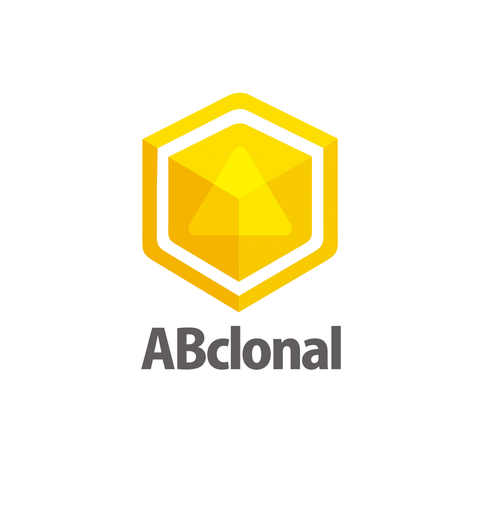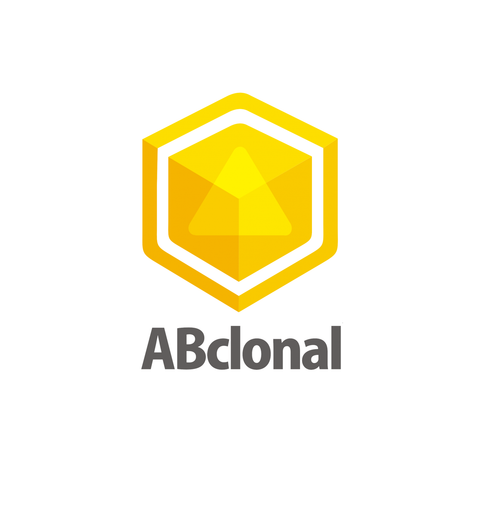Product Description
Bovine Geranylgeranyl transferase type-1 subunit beta (PGGT1B) ELISA Kit | AE60142BO | Abebio
Species Reactivity: Bovine (Bos taurus; Cattle)
Abbreviation: PGGT1B
Alternative Name: BGGI; GGTI; GGTase-I-beta|geranylgeranyltransferase type 1 beta|geranylgeranyltransferase type I beta subunit
Application: ELISA
Range: 9.88-800 pg/mL
Sensitivity: 3.88 pg/mL
Intra-Assay: ≤4.6%
Inter-Assay: ≤8.2%
Recovery: 1, 02
Sample Type: Serum, Plasma, Other biological fluids
Detection Method: Sandwich
Analysis Method : Quantitive
Test Principale: This assay employs a two-site sandwich ELISA to quantitate PGGT1B in samples. An antibody specific for PGGT1B has been pre-coated onto a microplate. Standards and samples are pipetted into the wells and anyPGGT1B present is bound by the immobilized antibody. After removing any unbound substances, a biotin-conjugated antibody specific for PGGT1B is added to the wells. After washing, Streptavidin conjugated Horseradish Peroxidase (HRP) is added to the wells. Following a wash to remove any unbound avidin-enzyme reagent, a substrate solution is added to the wells and color develops in proportion to the amount of PGGT1B bound in the initial step. The color development is stopped and the intensity of the color is measured.
Product Overview: Protein geranylgeranyltransferase type I (GGTase-I) transfers a geranylgeranyl group to the cysteine residue of candidate proteins containing a C-terminal CAAX motif in which 'A' is an aliphatic amino acid and 'X' is leucine . The enzyme is composed of a 48-kD alpha subunit (FNTA) and a 43-kD beta subunit, encoded by the PGGT1B gene. The FNTA gene encodes the alpha subunit for both GGTase-I and the related enzyme farnesyltransferase. The sequences from both species encode a 377-amino acid polypeptide with a predicted molecular mass of 42.4 kD (human) and 42.5 kD (rat) . Amino acid sequence comparisons suggested that the mammalian beta-subunit protein is the counterpart of the Saccharomyces cerevisiae gene CDC43.
Stability: The stability of ELISA kit is determined by the loss rate of activity. The loss rate of this kit is less than 5% within the expiration date under appropriate storage condition. The loss rate was determined by accelerated thermal degradation test. Keep the kit at 37°C for 4 and 7 days, and compare O.D.values of the kit kept at 37°C with that of at recommended temperature. (referring from China Biological Products Standard, which was calculated by the Arrhenius equation. For ELISA kit, 4 days storage at 37°C can be considered as 6 months at 2 - 8°C, which means 7 days at 37°C equaling 12 months at 2 - 8°C) .
 Euro
Euro
 USD
USD
 British Pound
British Pound
 NULL
NULL





